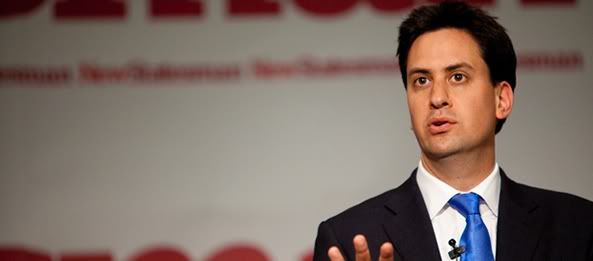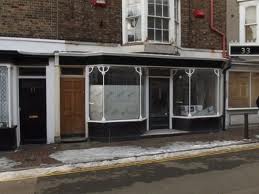
Thirteen years in Government, Blair then Brown, the invasion of two countries (one of which continues to this day), a poor long-term economic policy, two prime ministers bathed in yes-men and an immigration policy that’s allowed 90% of new jobs in 2010 to go to foreign nationals. Yes, there’s certainly a poignant case for never letting Labour look at No. 10 again, let alone ever having the privilege to stroll in. The Labour Government didn’t preside over an era of political perfection, nor did they function like they meant to achieve it – but beyond the atrocities of the era, I find myself a Labour man, through and through more than I ever have.
Since the party’s inception in 1900, Labour have always been the most progressive force in our politics, from creating the National Health Service in a sick post-war Britain to the birth of the welfare state, they’ve provided the most groundbreaking legislation this country has ever had. At worst, Labour has been a principled gang of thieves, at best, a revolutionary mass for social betterment.
I vote Labour because I believe I have an obligation to provide for those who otherwise could not provide for themselves, I believe that the ‘Social Darwinism’ of ‘survival of the fittest’ is not only idiotic but inhumane. I believe a collective society should be compassionate, empathetic and aware of the erratic blows that life can deal, and as a taxpayer, be prepared to pay for those who are hit – knowing I could experience the very same.
I vote Labour because higher taxes don’t particularly bother me. I’m a low earner and a student, but yet I don’t mind paying a bit more knowing that on any whim I can enter my doctor’s and mutter any old random shit, because he’ll listen to me and help, free of charge. I don’t believe that reverting our National Health Service to ‘capitalist values’ of competition between areas will work, because in a competition there’s always a loser. Nobody deserves to be a loser when it comes to their health. Unlike the US, my health ‘insurance’ isn’t risk-assessed, privately owned or adherent to the laws of supply and demand. My well-being is directly supported by my fellow Brits, and I pay to support them in return. Nobody makes a profit or receives a tidy bonus off my desire to be rid of my ailments, and I know Labour is my best bet in keeping it this way.
It’s their priorities too; unlike a sizable section of the Conservative party, Labour doesn’t seem to capitalise as much on emotive subjects like crime and immigration – but rather focus on social mobility and raising standards of living. Yes, I want crime reduced, a safer place to live and a pragmatic immigration policy – but the reality is that prison will never be enough of a deterrent for some people. Despite what some would argue, rehabilitation is key to being proactive in tackling crime; otherwise you continuously rehash angry, hardened criminals without even the effort to address why they don’t become contributing members of society. Labour more often than not mimic my ideas on these issues.
Call it insignificant, but Labour have the largest variety of socio-economic backgrounds in a major political party. Gordon Brown once called the Conservative Party policy something “dreamt up on the playing fields of Eton” – and he wasn’t too far from the truth. 53% of the coalition cabinet were privately educated, something like only 7% of the population have had the privilege to do so, it’s true, the former prime minister didn’t take too much creative license with this one. Pasty-gate and the allegations of cash-for-access on government policies only go to further my disdain for the Tories.
They’re not perfect by any stretch of the imagination, the previous Government favoured ID Cards and an excess of security cameras that would make ‘1984’ look like a Sunday Lunch, but to support policy areas where I’ll receive the most benefit – I’m sure willing to make concessions.


